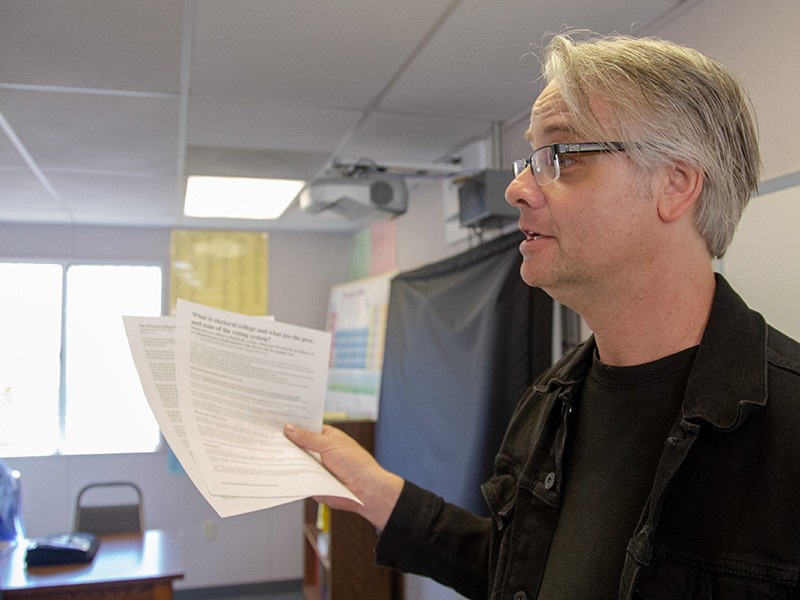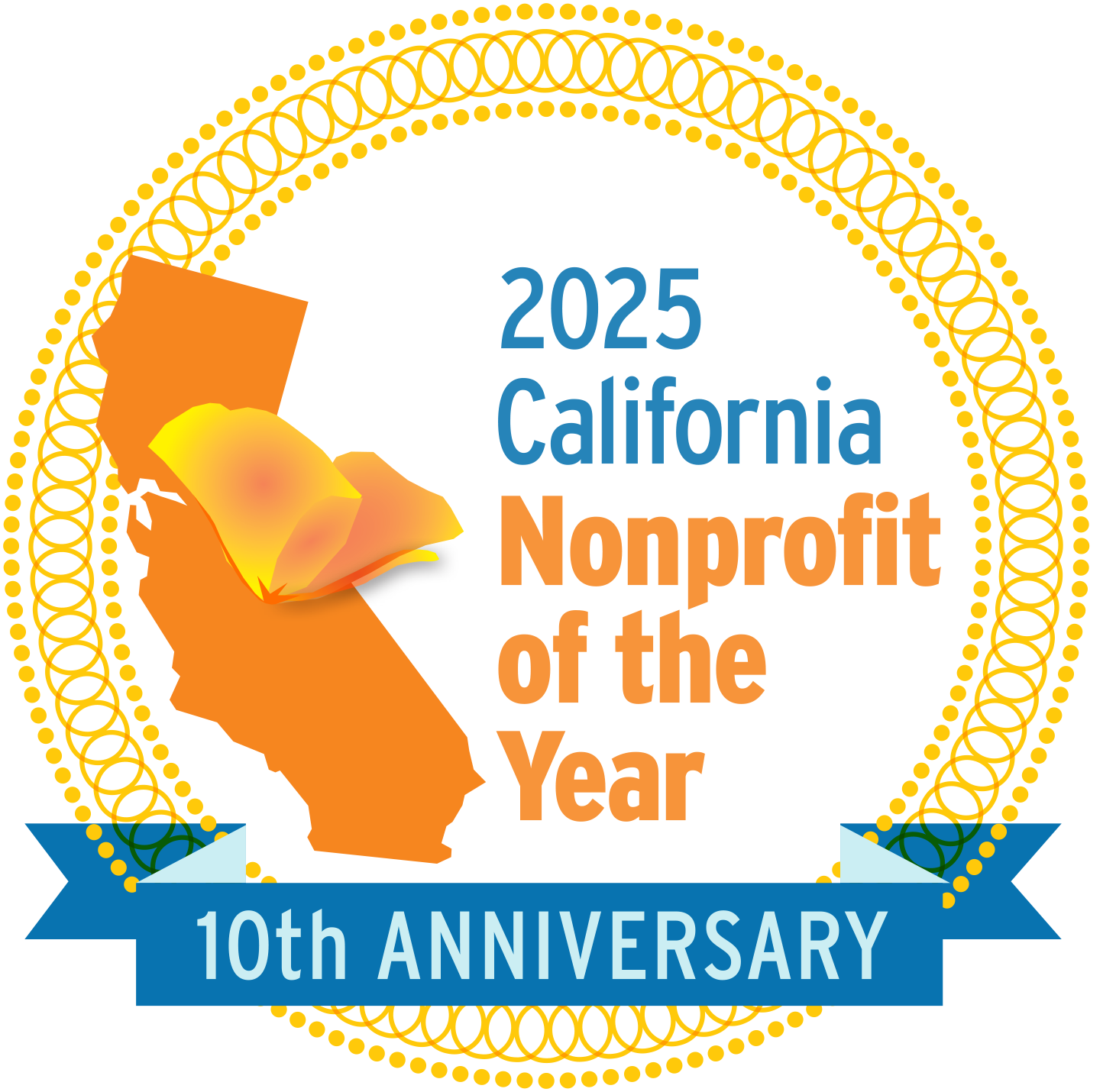On May 21, 2025, Mount Tamalpais College was recognized as a 2025 California Nonprofit of the Year by Assemblymember Damon Connolly, representing California’s 12th Assembly District. The College joined nonprofit leaders from across the state at the California State Capitol to mark California Nonprofits Day.
“This recognition is a testament to the transformative power of higher education in prison and to the enduring partnerships that support our mission,” said Jody Lewen, President of MTC. “We are especially grateful to Assemblymember Connolly for his steadfast commitment to criminal justice reform and his advocacy for meaningful, community-based solutions.”
This awards honors the entire MTC community—students, staff, faculty, trustees, and supporters—for their collective dedication, hard work, and commitment to learning and growth. Of more than 100,000 nonprofits in California, just over 100 organizations are chosen for this recognition each year.
“I am proud to recognize Mount Tamalpais College as our Nonprofit of the Year and honor their work promoting justice, equity and transformation in our community,” said Assemblymember Connolly.
Now in its tenth year, the California Nonprofit of the Year initiative, organized by the California Association of Nonprofits, aims to strengthen the ties between legislators and nonprofit organizations.
Learn more in this Giving Marin feature from the Marin Independent Journal.


PHOTOS: MTC President Jody Lewen, Communications Associate and alumnus Richard Richardson, and Assemblymember Connolly at the Capitol on May 21.



